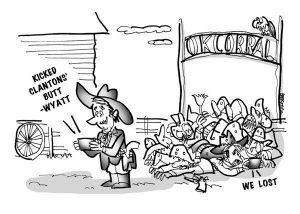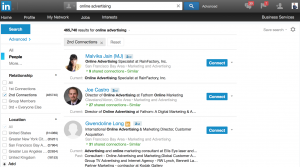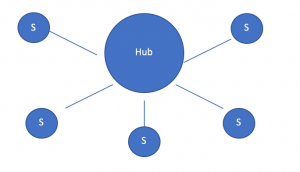By Mita Mallick

One of the questions that has haunted me, plagued me, and followed me throughout my entire career is this: Where are you from? While it may appear to be an innocent question, for many people of color, it is one of the most popular microaggressions we are confronted with in our workplaces. This innocent question can often lead to a number of follow up questions. Because they are in disbelief when as a Brown woman I respond, “Well, I am from here. I am an American, too.”
According to the recent U.S. census data, more than two-fifths (more than 40%) of Americans identify as people of color. And when we look at the segment of the population who are 18 years old and younger, more than half of our youth identify as people of color. With the demographics of the U.S. rapidly shifting, representation in our workplaces is also changing. Leaders must be prepared to lead a multicultural workforce and ensure that people of color feel like they belong in their organizations.
Here are three things leaders need to know when it comes to this every day, microaggression.
Understand the impact of that question
Your intent may be to try to get to know the person better. You may not be satisfied with their initial response and you may ask follow-up questions including, “Where are you really from?” And the impact the individual can feel is that you are questioning their identity, “othering” them, and wondering if they belong here. It is yet another microaggression so many individuals face in our workplaces every single day.
According to a recent Survey Monkey survey, 68% of Americans say microaggressions are a serious problem. More than 25% of respondents say they have definitely experienced microaggressions at work. During this period of the Great Resignation, one of the biggest reasons employees are leaving is because they feel disrespected. Many people of color already feel that they don’t belong when they are working in organizations where they are underrepresented. Repeated use of microaggressions like “where are you from” will only hasten their departure. They will leave your organization to find other places where they do belong.
Intervene when you hear others ask that question
Now that you understand why this is a microaggression, educate and interrupt others when you hear this line of questioning. “Why is it so important to know where Mita is from? Why did you repeatedly ask her that question?” Close cousins of the “Where are you from” microaggression also include, “You speak English so well” and, “Wow, how did you get rid of your accent?” or ,”How long have you lived in the U.S.?”
Sixty percent of Americans have witnessed or potentially witnessed a microaggression take place in the workplace. And too many of us are bystanders passively watching interactions and not intervening in the moments that matter. If it’s uncomfortable to intervene in front of others, you can always pull them individuals privately. It’s never too late to intervene and interrupt a leader’s bias. Finally, check in with the individual who has been the target of this line of questioning and what you can do to better support them.
Ask other questions to get to know someone better
If you want to get to know someone better, there’s no need to immediately start with “where are you from?” Try questions like, “Where did you spend most of your childhood” or, “Where do you currently live, and have you always lived in this city?” When we are getting to know someone, it’s okay to be curious. Just ensure that your curiosity and line of questioning is not rooted in how someone looks, acts, or appears to you at a first glance on screen or in person.
Seventy percent of employees say that work friendships are critical to being happy and feeling like you belong at work. According to Gallup research, those who have work friendships are more productive and engaged. As many companies experiment with hybrid work, building friendships across Zoom and in person will be a key part of retaining talent. And part of building friendships is genuinely investing time in getting to know people. Let’s stop stereotyping and labeling our colleagues of color. Let’s stop painting a narrative of who we think they are and take the time to uncover who they really are. This can be one of the biggest retention tools leaders have at their disposal during the Great Resignation: to ensure each of us feel valued, seen, recognized, and that we know we belong here.
Mita Mallick is a diversity and inclusion leader. Currently, she is the head of inclusion, equity, and impact at Carta.
(25)
Report Post





